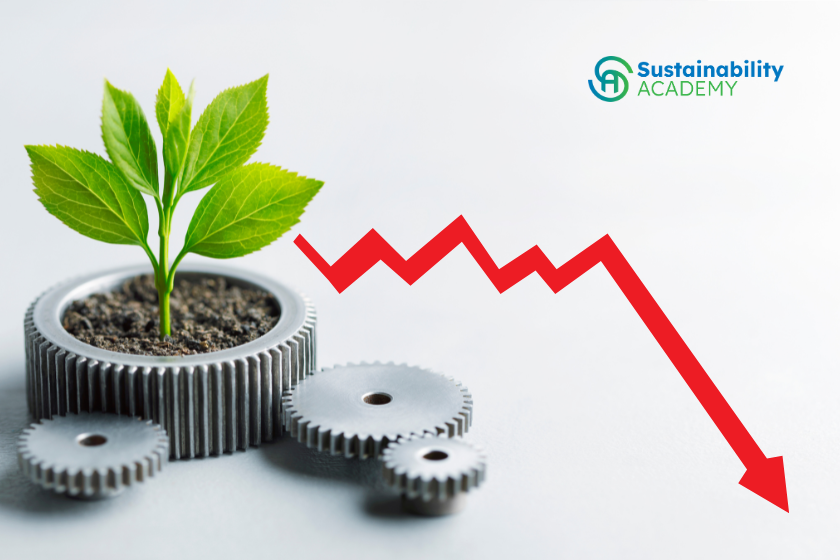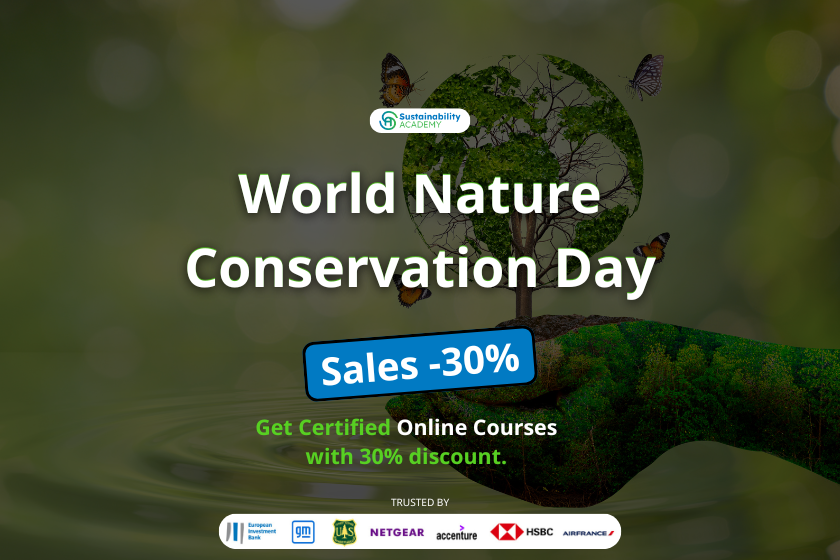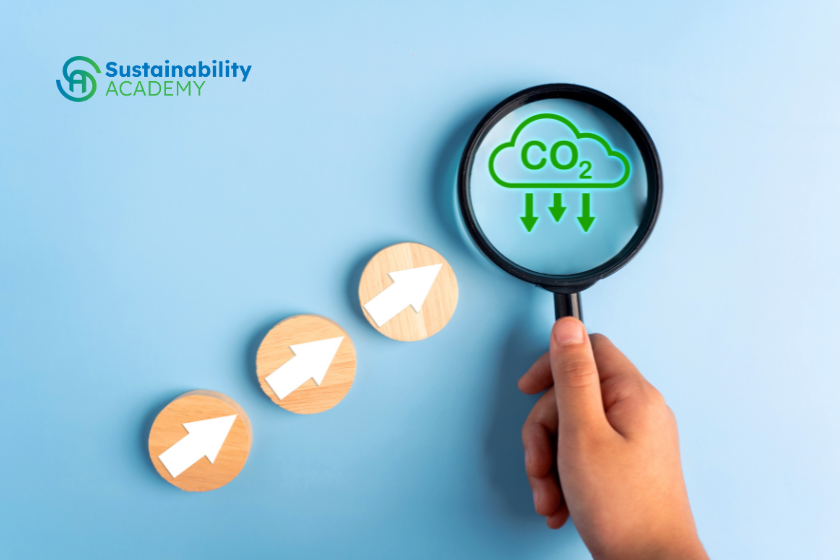The ESG Backlash Isn’t the Whole Story
Over the past year, headlines about the so-called “anti-ESG movement” have dominated U.S. media. Yet behind the noise, a quieter truth is emerging: U.S. companies are not retreating from ESG—they’re refining it.
A recent Financial Times report reveals that 88% of surveyed executives see ESG as a value creation opportunity, not a compliance burden. Many are focusing their efforts on improving ESG ratings to align with investor expectations and stakeholder trust.
“For us, ESG is part of our risk management system and our brand differentiation,” explains Michael Singh, Director of Strategy at a California-based logistics firm. “We’re not doing it because someone told us to—we’re doing it because it pays off.”
ESG: Not Just Values—Also Value
The shift in corporate ESG priorities is clear:
- Risk reduction: ESG frameworks help identify long-term operational and reputational risks
- Cost savings: Energy efficiency and supply chain improvements lower overhead
- Brand loyalty: ESG reporting appeals to younger, purpose-driven consumers
- Capital access: Institutional investors are integrating ESG scores into decisions
The 2025 Morgan Stanley Sustainability Executive Survey found that:
- 71% of firms are increasing ESG investments in 2025
- 63% are focused on social impact and human capital
- 80% are using ESG ratings to guide risk assessment and stakeholder communications
Why Social Impact Is Rising in ESG Strategy
While climate remains a core concern, social impact metrics are gaining traction, especially in the U.S. market.
These include:
- Workforce well-being and DEI metrics
- Community engagement and philanthropy
- Supply chain labor standards
- Health, education, and local economic development initiatives
“You can’t build a long-term brand without understanding your company’s net impact on society,” notes Dr. Vanessa Liu, Social Impact Advisor and SROI-certified consultant.
Yet most firms struggle to measure social ROI effectively. This is where frameworks like Social Return on Investment (SROI) and impact mapping are gaining popularity.
Case Example: A Retail Giant’s Social Metrics
One Fortune 100 retailer (anonymized here for client confidentiality) recently conducted a social impact assessment of its Midwest logistics centers. Key findings:
- A $1M investment in local training programs yielded an estimated $4.6M in social value, including increased employment, health coverage, and reduced public health burden.
- These numbers were shared in the company’s ESG report and presented to investors as evidence of long-term stakeholder value creation.
This kind of impact-based reporting is reshaping the way boards view ESG—from cost center to growth driver.
The Role of ESG Ratings in U.S. Markets
Despite ongoing criticism of ESG scoring inconsistency, companies still rely on ratings agencies like MSCI, Sustainalytics, and S&P to benchmark performance and satisfy investor demands.
However, confusion remains:
- Many firms receive wildly different scores from different agencies
- Methodologies often lack transparency
- Investors want metrics they can trust—not just marketing
To stay credible, companies are turning to professionals who understand:
- How ESG ratings are constructed
- What affects scoring outcomes
- How to prepare reliable, consistent ESG disclosures
ESG and Impact Strategy: Q&A with U.S. Market Experts
Q1: Isn’t ESG just a PR tool now? Are companies really making changes?
“It depends on the company. The leaders are using ESG to redefine risk and value. The laggards still treat it as branding. But even they’re being pushed by investors, regulators, and employees to show real change.”
— Jared M., ESG Consultant, Chicago
Q2: How can a small or mid-sized U.S. firm use SROI without a big budget?
“Start simple. Focus on 1–2 community or workforce programs. Use SROI to estimate outcomes with available data. You don’t need perfection—you need consistency and logic. That’s what investors and stakeholders care about.”
— Tanya Br., Certified SROI Practitioner and HR Strategist
Q3: What’s the best way to improve our ESG rating?
“Understand the methodology behind each agency. Don’t chase scores—focus on material issues, clean data, and credible disclosures. The best scores come from companies that embed ESG into governance and operations.”
— Laura Ch., ESG Ratings Analyst at a U.S. asset management firm
Two Courses to Strengthen Sustainability and Impact Skills
To keep pace with these developments, professionals are pursuing targeted certifications focused on social impact and ESG investments.
Introduction to Social Impact Assessment and SROI
A certified online course for Sustainability professionals who want to acquire the necessary practical tools and knowledge to calculate the social impact of an organization’s activities. The Introduction to Social Impact Assessment and SROI will guide you through identifying the inputs, outputs and outcomes of your Sustainability activities and it will help you understand Social Return on Investment.
This course helps you:
- Understand the fundamentals of social impact
- Apply the SROI methodology to quantify social value
- Map stakeholders, inputs, outcomes, and proxies
- Communicate social returns in ESG reports
Ideal for:
- ESG and CSR professionals
- Impact investors
- HR, community relations, and DEI leaders
Includes case examples, templates, and calculators for SROI analysis.
Online Certificate on ESG Ratings and Investments
This course offers:
- A breakdown of leading ESG rating systems (MSCI, Sustainalytics, S&P)
- Insights into rating methodology and score drivers
- Best practices in data management and disclosure
- Guidance on aligning ESG performance with investor expectations
Designed for:
- Sustainability reporting teams
- CFOs, IR professionals, and ESG analysts
- Consultants and portfolio managers
Includes rating comparison tools, case studies, and reporting checklists.
ESG Is Evolving, Not Retreating
While political debates rage on, U.S. businesses continue to invest in ESG as a strategic advantage.
“The smart money knows ESG isn’t going away. It’s just maturing,” says Nina Patel, ESG Strategist at a Midwest private equity firm.
For professionals ready to lead this next chapter—through social impact measurement, credible disclosures, and investor alignment—the opportunity is now.
This blog is created in collaboration with the Sustainability Academy, a global provider of ESG and sustainability training. Course suggestions are based on the evolving needs of professionals navigating ESG ratings, disclosure, and impact evaluation.










